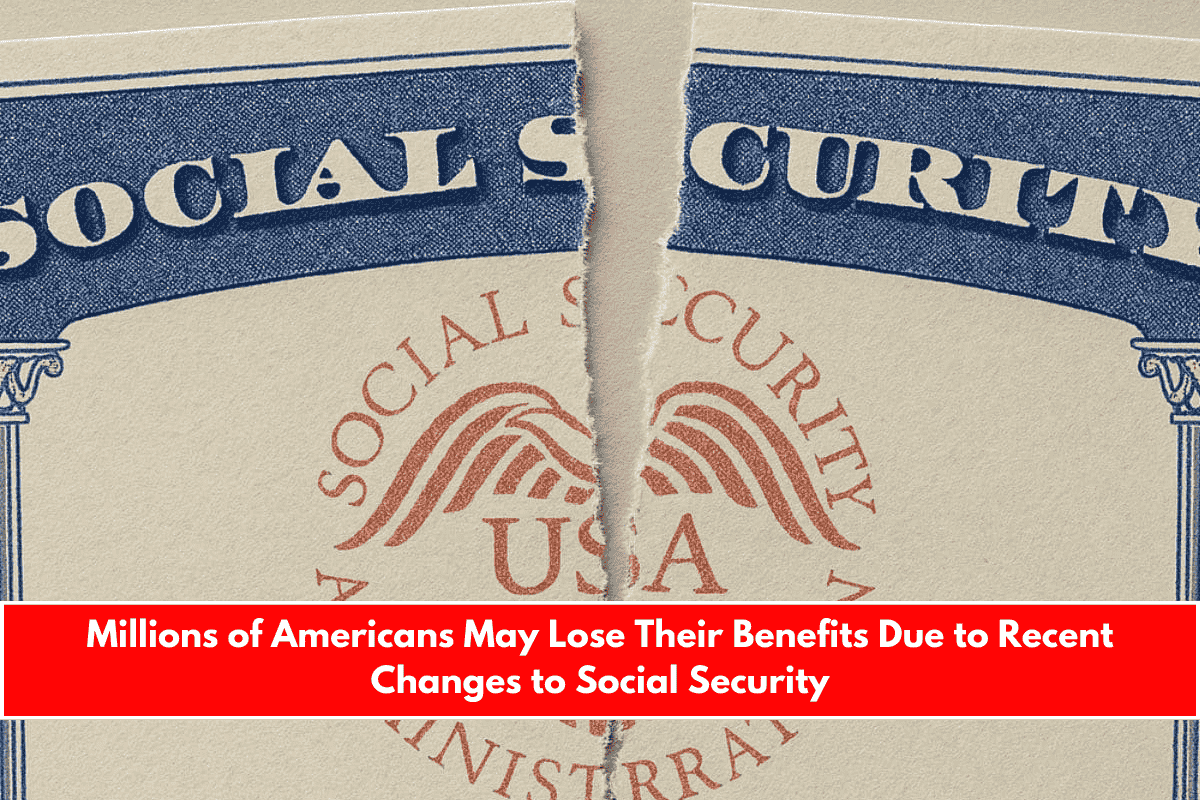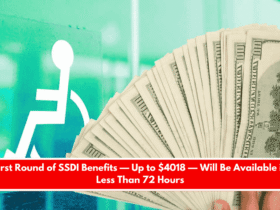The Social Security Administration (SSA) is rolling out new rules starting April 14, 2025, aimed at reducing fraud. However, policy experts warn that these changes could make it harder for millions of eligible Americans, especially seniors, to access their benefits.
The new rules will affect how people apply for and manage their Social Security benefits, with additional restrictions on how identity verification is handled.
A recent report from the Center on Budget and Policy Priorities (CBPP) suggests that up to six million people could face new obstacles under these rules. Many older adults, in particular, lack internet access or live far from Social Security offices, making it difficult—if not impossible—to comply with the new procedures.
Key Changes Under the New SSA Rules
According to the CBPP, the most significant changes that will be implemented include:
- Ending phone-based identity verification for certain services.
- Requiring online applications through the My Social Security portal.
- Mandating in-person visits to SSA offices for identity verification.
The CBPP has raised concerns, calling these policy shifts “sudden and unjustified.” They warn that these changes will likely overload already stretched field offices and lead to longer delays in customer service.
Additionally, the think tank emphasized that seniors, who often face challenges with internet access or transportation, will be hit hardest.

SSA’s Response to the Backlash
In response to the backlash, the SSA clarified its position on X (formerly Twitter). The agency denied claims that phone services would be completely eliminated, stating that individuals could still use the phone to file claims, unless the claim is flagged by the SSA’s fraud detection system.
The SSA explained, “We will only require in-person visits if a claim is marked with potential fraud indicators.” The agency also reassured the public that they are expanding their phone support staff to assist those needing help navigating these changes.
Who Will Be Affected by These Changes?
The new rules will affect both first-time applicants and existing beneficiaries who need to update their direct deposit information or other account details.
While the SSA presents these efforts as necessary to fight fraud, advocates argue that these changes may unintentionally exclude some of the most vulnerable citizens—especially those who rely on Social Security for their basic needs.











Leave a Reply